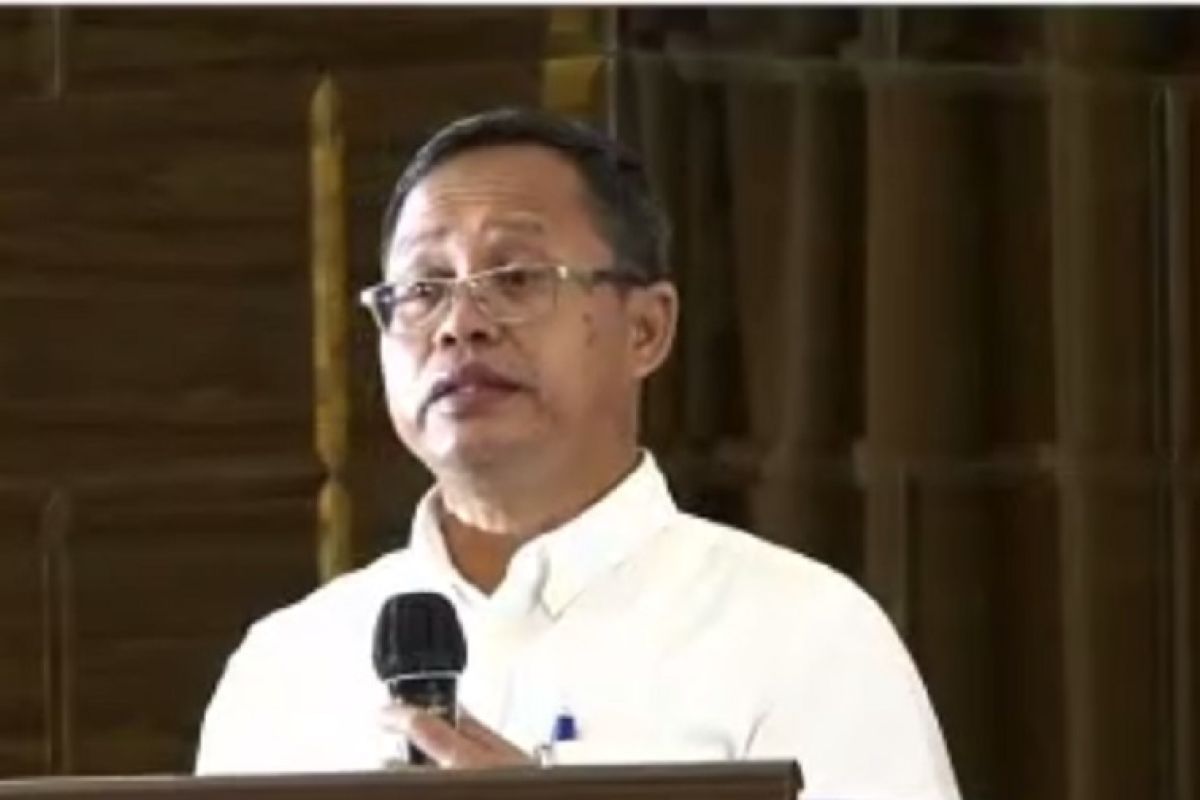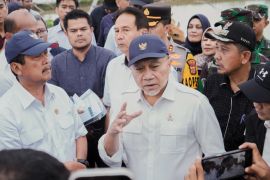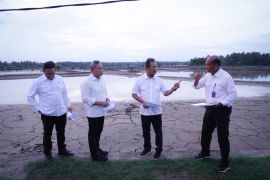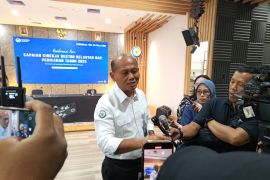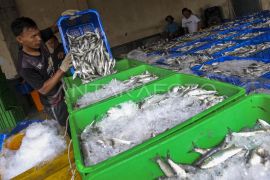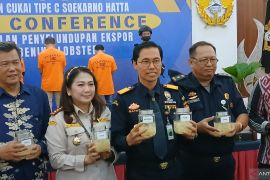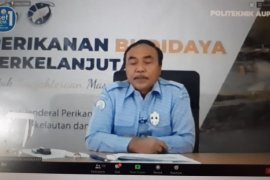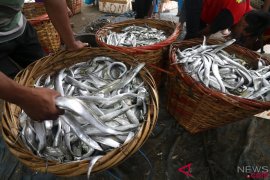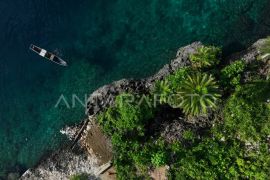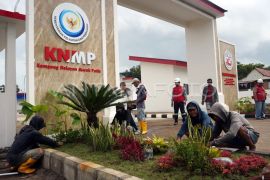The balance between ecology and economy will be the main foundation in building sustainable aquaculture businesses that empower the communities' welfareJakarta (ANTARA) - The Indonesian government strives to improve the welfare of small-scale fish farmers through the top commodity-based development program, an official of the Ministry of Marine Affairs and Fisheries stated.
In the next three to four years, pisciculture will be developed based on the top commodities, to which end the Ministry of Marine Affairs and Fisheries has readied two breakthrough plans, Director General of Fisheries Cultivation Haeru Rahayu noted in his statement, as conveyed by Director of Seedlings, Nono Hartanto, at an event here on Thursday.
The first breakthrough plan is aquaculture development for leading fishery commodities that are mostly exported, such as shrimp, lobster, crab, and seaweed, Rahayu pointed out.
The second priority program is the advancement of aquaculture villages that is driven by local wisdom, with flagship commodities in the deep sea, freshwater, brackish water, and coastal areas.
Related news: Geographical indication can help salt farmers to market products
Some 70 percent of fishery farmers in the aquaculture sector fell into the small-scale category based on the width of cultivation area, farmers' access to capital, and limited application of technology, according to the statement.
Thus, this large percentage of small-scale fish farmers became a challenge for the aquaculture sector to meet the national requirements of protein and food security, according to Rahayu.
He explained that the government is currently running the projects in six provinces -- West Java, Central Java, East Java, South Sulawesi, South Kalimantan, and West Nusa Tenggara -- by holding competitions and offering incentives.
Rahayu believes that the programs would be immensely beneficial for the economic recovery period during the COVID-19 pandemic.
Related news: PLN directs CSR efforts at boosting Papua economy
Moreover, these programs align with the Indonesian government's program to boost the welfare of small-scale fish farmers in addition to bolstering the practices of applied technology for a sustainable cultivation process, Rahayu expounded.
"The balance between ecology and economy will be the main foundation in building sustainable aquaculture businesses that empower the communities' welfare," he remarked.
Rahayu affirmed that the Indonesian government remains committed to continuing to open multi-stakeholder cooperation and investment with partners concerned about the progress of aquaculture in Indonesia.
Related news: Asymptomatic Omicron patients urged to self-isolate: KSP
Related news: Cross-sectoral collaboration to address three key issues at G20 DEWG
Translator: Aditya R, Kenzu T
Editor: Fardah Assegaf
Copyright © ANTARA 2022
